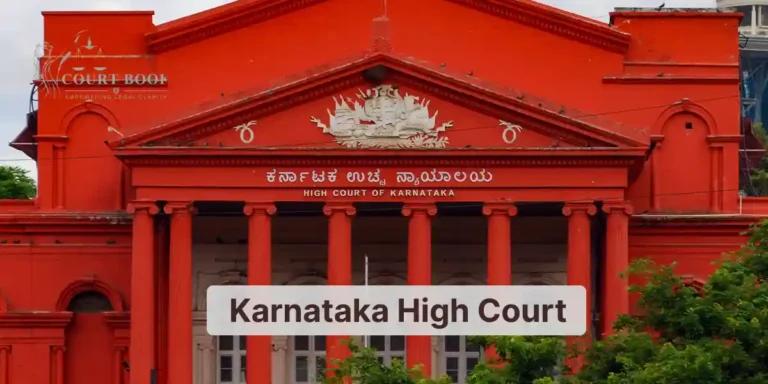he Karnataka High Court has ruled that offences related to the manufacture, sale, and distribution of drugs under Chapter IV of the Drugs & Cosmetics Act, 1940 must be tried only by a Sessions Court. The decision came while hearing a criminal revision petition filed by Padma Pharmaceuticals and its partner against their conviction by a lower court.
Background of the Case
Padma Pharmaceuticals and its business partner were convicted under Section 27(b)(ii) of the Act, which penalizes the sale or manufacture of drugs without a valid license. The Judicial Magistrate First Class (JMFC) had sentenced them to one year of simple imprisonment and a fine of Rs. 5,000 each. Their appeal was dismissed by the I Additional Sessions Judge, Kalaburagi, prompting them to approach the High Court.
Legal Standpoint and Court Observations
Justice S. Vishwajith Shetty, while allowing the petition, noted that Section 27(b)(ii) falls under Chapter IV, which governs the manufacture, sale, and distribution of drugs and cosmetics. The court highlighted that the prosecution for such offences should be initiated as per Section 32 of the Act, which specifies that:
Read Also:- Karnataka Government Approves E-mail Service for Court Notices and Summons
"No prosecution under this Chapter shall be instituted except by:
- An Inspector,
- Any gazetted officer of the Central or State Government authorized in writing,
- The aggrieved person, or
- A recognized consumer association."
Additionally, the court referenced Section 32(2) of the Act, which clearly states:
"No court inferior to that of a Court of Session shall try an offence punishable under this Chapter."
This means that a Magistrate Court does not have the jurisdiction to conduct trials for such offences. Instead, the Magistrate must commit the case to the Sessions Court for proper adjudication.
Judicial Interpretation and Precedents
The High Court further examined other special legislations like:
- The Scheduled Castes and Scheduled Tribes (Prevention of Atrocities) Act, 1989
- The Prevention of Corruption Act, 1988
These Acts explicitly empower Special Courts to take direct cognizance of offences. However, no such provision exists in the Drugs & Cosmetics Act, meaning a Sessions Court can only try these offences after a committal order from the Magistrate.
High Court’s Ruling
Considering these legal provisions, the High Court found that the Magistrate erred in directly trying the case and convicting the accused. As a result, it ruled:
"The complaint filed by a competent officer under Section 32(1) before the Magistrate must be committed to the Sessions Court for trial. The Magistrate cannot directly convict the accused."
It set aside both the Magistrate's conviction and the Sessions Court's confirmation of the same, thereby acquitting the accused.















